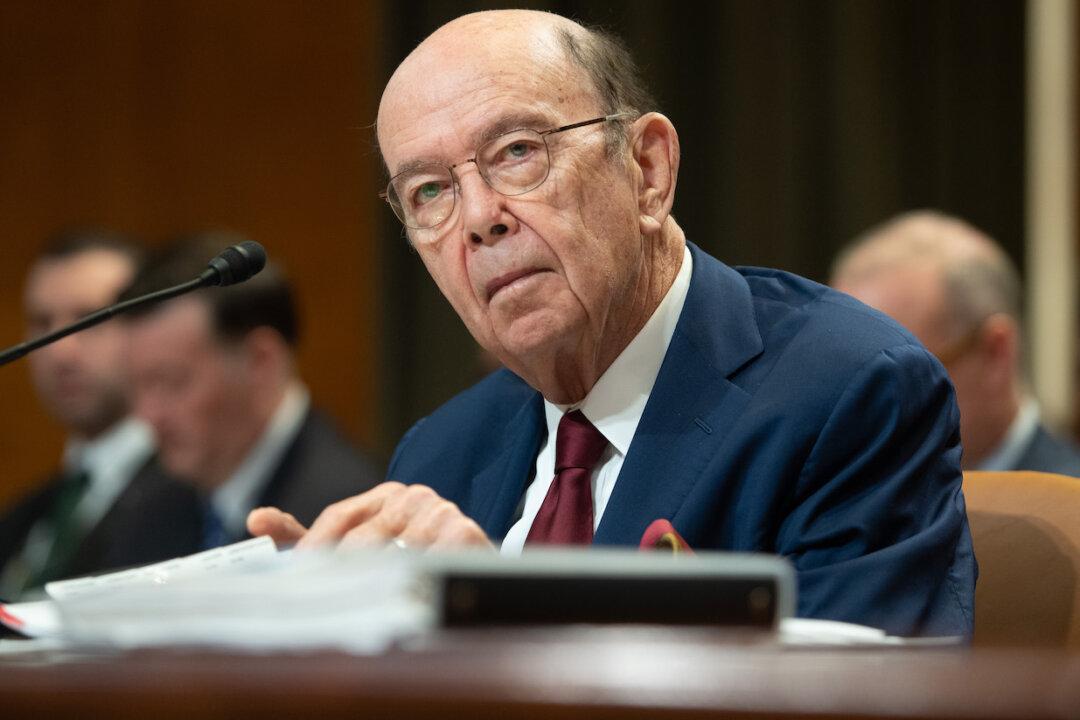The Trump administration announced on Monday that it is revoking Hong Kong’s special trading status and stopping its defense equipment exports to Hong Kong, in order to protect U.S. national security amid the passing of Beijing’s national security law for Hong Kong.
“With the Chinese Communist Party’s imposition of new security measures on Hong Kong, the risk that sensitive U.S. technology will be diverted to the People’s Liberation Army or Ministry of State Security has increased, all while undermining the territory’s autonomy. Those are risks the U.S. refuses to accept and have resulted in the revocation of Hong Kong’s special status,” Secretary of Commerce Wilbur Ross said in a statement.




